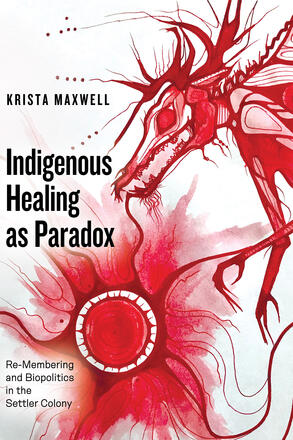
Indigenous Healing as Paradox
Re-Membering and Biopolitics in the Settler Colony
A social history of the ways Indigenous Peoples have engaged and navigated the welfare state to promote survival and well-being amidst Canadian settler colonialism.
Description
Indigenous healing is a paradox in the liberal settler colony, where an intervention fostering well-being might simultaneously aim to eliminate distinct Indigenous societies. This book aims to explain and complicate the prominence of “Indigenous healing” in Canadian public discourse in recent decades through theoretically-informed historical and ethnographic analysis disentangling the multiple meanings, practices, and social and political implications of healing. The book centres late twentieth-century Indigenous social histories in Treaty #3 territory and cities in northern and southern Ontario to show how practices of re-membering—mobilizing traditional ways of being and knowing towards social repair and rejuvenation of the collective—are in part enabled by tactical engagements with the settler state which fuel the emergence of an Indigenized biopolitics from below. Analysis of the possibilities, tensions, and risks inherent to Indigenous biopolitical tactics is inflected by attentiveness to the longstanding role of liberalism in settler colonial social dismemberment of Indigenous peoples. Informed by Indigenous feminist scholarship’s focus on relationality, care, and the everyday, as well as the intimate workings of settler colonialism, this book is intended to contribute to ongoing critical conversations about reconciliation and resurgence politics, and problematize their presumed opposition.